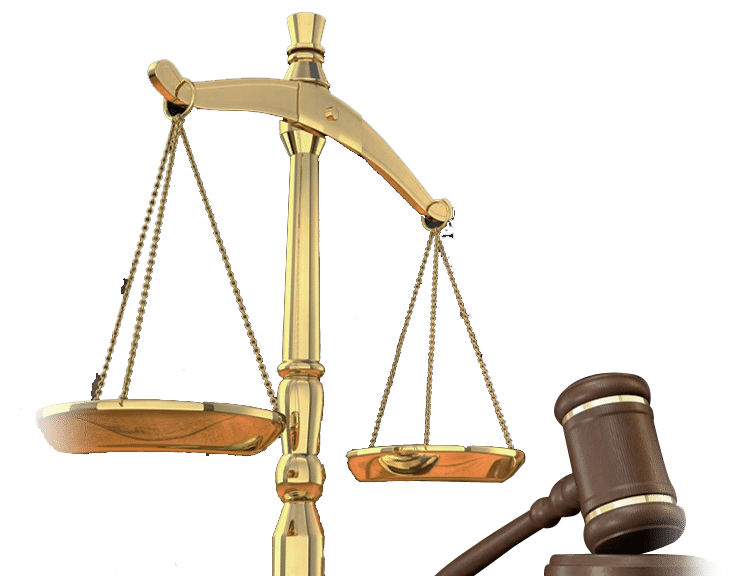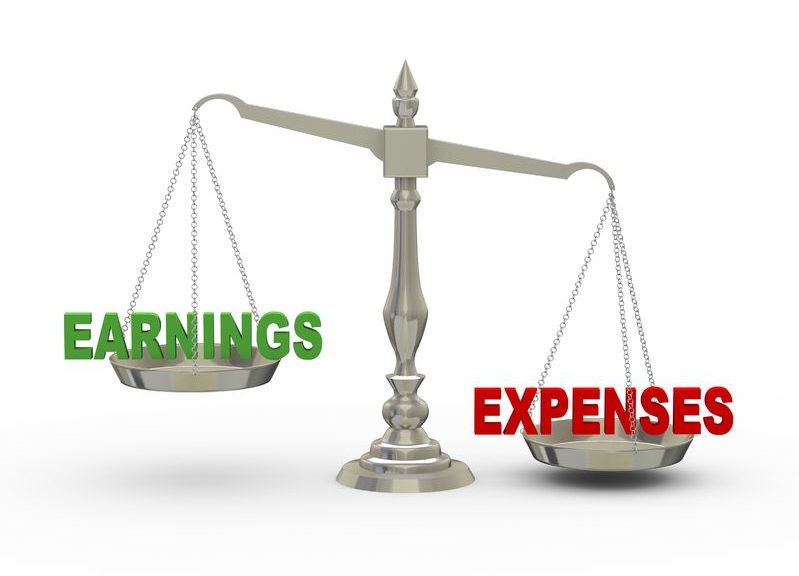Bankruptcy Myths #1: If I file for bankruptcy, I will lose everything.
This is a common misconception that keeps people who really should file for bankruptcy from doing it. Federal and Michigan laws provide exemptions that can protect (up to a certain value) assets, such as your house, your car, money in qualified retirement plans, household goods and clothing. For most people, they’ll lose nothing in the bankruptcy process!
Bankruptcy Myths #2: If I file for bankruptcy, I will never again be able to buy a house or a car.
Many of our clients are able to obtain new cars after completing the bankruptcy process. However, each lender varies in their business practices so you may need to shop around. Lenders take other factors into account as well, such as current employment, current income, and credit history.
To purchase a new home it usually takes a bit longer. It typically takes about two years to get a house after you file for bankruptcy.
Bankruptcy Myths #3: If you’re married, both spouses have to file for bankruptcy.
If one spouse has a significant amount of debt in their name only, it may make sense for only one spouse to file. However, if there are joint debts then it may be prudent for both spouses to file. If there are joint debts and only one spouse files then the creditor may still attempt to collect the debt from the non-filing spouse.
Bankruptcy Myths #4: I won’t ever be able to get credit after my bankruptcy.
Many of our clients are shocked by how quickly they’ll start getting credit card offers in the mail again. By opening a new credit card and habitually making on-time payments your credit score will quickly improve beyond pre-filing levels. Please see our credit repair kit to view other ways to increase your credit score. We help our clients increase their credit scores through bankruptcy. It’s also important to monitor your credit score.
Bankruptcy Myths #5: People who file bankruptcy are financially irresponsible.
There are a multitude of reasons that people need to file for bankruptcy, many of which are out of their control. Often it is because people run into very serious personal problems such as a job loss, serious medical issues, or a divorce. Unemployment, the cost of running two households following divorce, or the cost of medical care have all driven well-intentioned Americans into bankruptcy. It’s financially irresponsible to avoid your creditors, ignore your bills and drive yourself further into debt. Millions of well-intention-ed Americans have filed for bankruptcy and come out stronger and more successful!
Bankruptcy Myths #6: You can’t get rid of back taxes in Bankruptcy.
Certain federal, state and local taxes can be discharged under the bankruptcy laws. There are several qualifications that must be met, but once these are met, the taxes may be discharged.
Bankruptcy Myths #7: It’s really hard to file for bankruptcy
Although there were new laws enacted in 2005, the new laws were drafted to prevent fraud and bankruptcy abuse.
Bankruptcy Myths #8: Everyone will know you have filed for bankruptcy.
It is unlikely anyone will know that you have filed for bankruptcy unless you tell them. While bankruptcy is a matter of public record, someone would have to specifically track down the information using your personal information in order to find out if you filed for bankruptcy.
Bankruptcy Myths #9: You can’t afford to hire an attorney.
At Firebaugh & Andrews , initial consultations are FREE! Money is never a reason we turn clients away. We pride ourselves on our flexible payment plan options which can be customized to your unique circumstances. In our experience, the worst thing a client can do is obtain legal advice from the internet, co-workers, family or friends.
Bankruptcy Myths #10: There is a minimum amount of debt required to file for bankruptcy.
There is no minimum amount of debt required to file for bankruptcy. Every situation is unique.
Call Firebaugh & Andrews today for your free consultation 734-722-299









